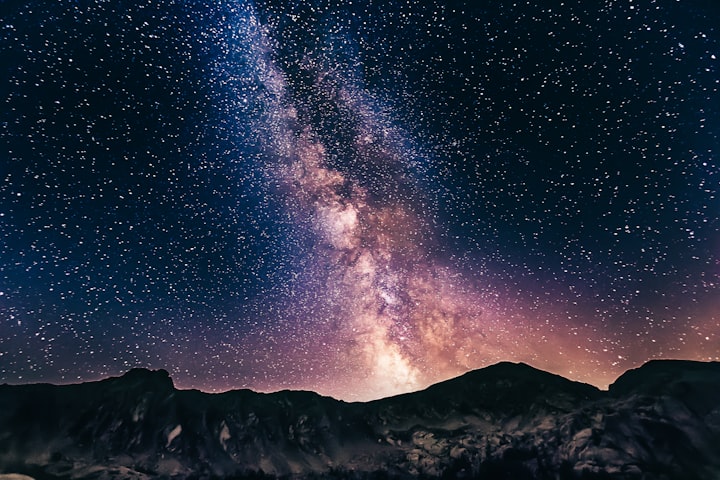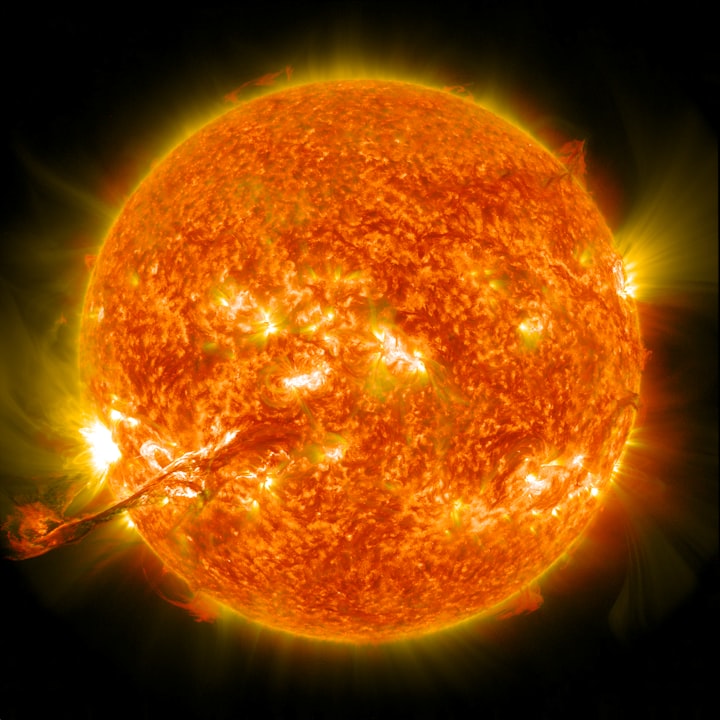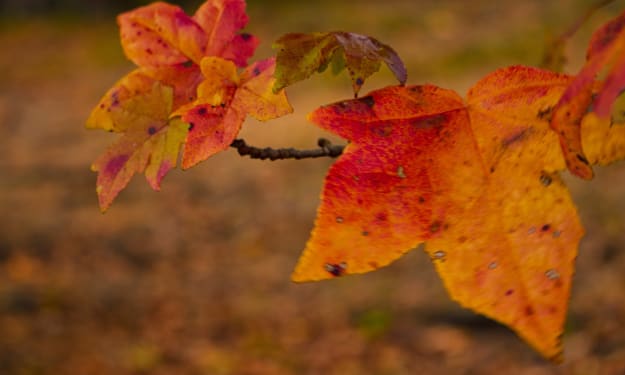
As a cameraman, I often find myself mesmerized by the beauty of the night sky. There's something truly magical about the stars that never fails to captivate me. These stars speak stories told and untold about the history of this universe. And when we think that these are the same stars that our ancestors from thousands of years ago saw, more emotional layers get added to them. But capturing this masterpiece on film is no easy task.
So, if you too hold the passion to capture these twinkling beauties and speak a million words, here are some tips on how to do it with details and without getting lost in space.
- • Today, light pollution has made it harder to see stars with some clarity. The city lights put a layer of mist between the eyes and the night sky. This is why it's important to find a location with minimal light pollution. The less light there is around you, the clearer the stars will appear in your shot. So, find a remote spot away from the city lights where you could see the stars twinkling in the sky above us.
- • Once you've found your location, it's time to set up your gear. Professional photographers have always used a tripod to keep the camera steady and prevent any blurriness in our shots. And since you’d be shooting in the dark, bring in a flashlight to your rescue. This will make sure you can see what you are doing without disturbing the surroundings. Cameras & photo accessories must always be up to the mark when you capture professional pictures.
- • Now, it's time for the most important part – focus. Most cameras today have a ‘live view’ function added to their tool chest. If your camera has it, use this function on your camera to zoom in on a bright star and manually adjust the focus until it appears sharp and clear. This can be a bit tricky, but it's worth taking the time to get it right.
Once I was setting up the shot, my colleague quipped, "If you shoot for the stars and miss, at least you'll land among the astrophotographers." This is an important part of shooting the night sky – to keep joking and keeping the space light.
- • After the focus is locked in, it is time to start shooting. Use a wide aperture to capture as much light as possible and set the ISO to a high value to keep the exposure time short. This is important because the rotation of the Earth can cause the stars to appear blurry if the exposure time is too long.
As an astrophotographer, make sure to experiment with different angles and compositions to capture the full beauty of the night sky. Also, shoot in the RAW format; this will provide you with plenty of room to adjust your shots later on if needed.
- • A camera with a full-frame sensor will generally perform better for astrophotography than a camera with a smaller sensor. This is because a larger sensor can capture more light, resulting in less noise and higher image quality. You may buy these professional cameras at a Shopify alternative free, which will save you some money that you can spend on buying a few accessories for your passion or profession, whichever you are in.
Photographing stars with details can be a challenging yet rewarding experience. By finding the right location, setting up your gear, and nailing the focus, you can capture the majesty of the universe on film. As the famous astronomer Carl Sagan once said, "We are made of star stuff." So, why not try to capture some of that stardust in your next photo?
About the Creator
Shivam
Helping people communicate complex ideas using storytelling






Comments
There are no comments for this story
Be the first to respond and start the conversation.